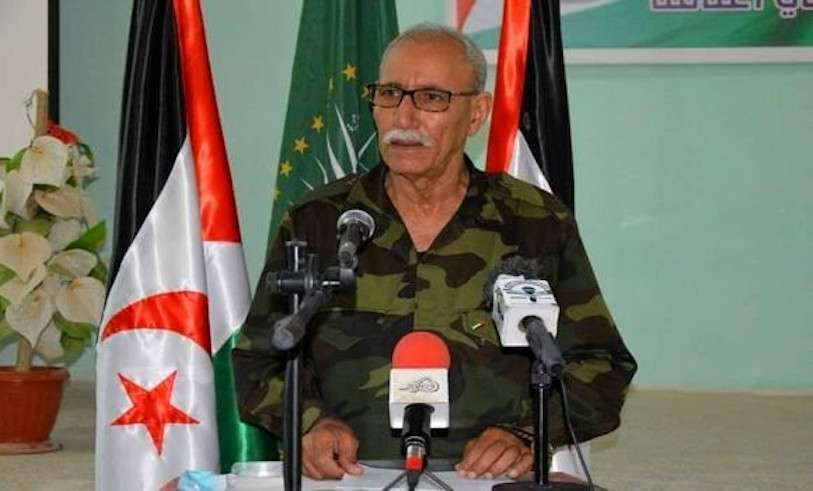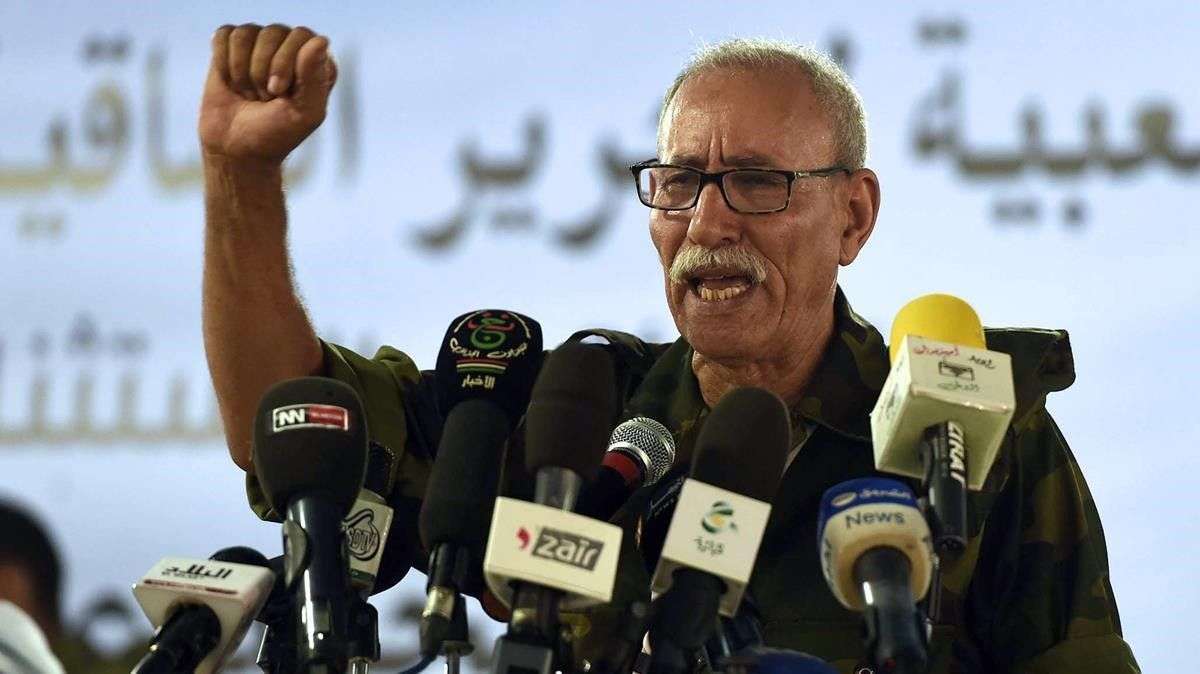Why Algeria did not send Brahim Ghali to Moscow

The question being asked by the chancelleries in Algiers and the information services interested in the Western Sahara conflict is why the Algerian government did not decide to send the secretary general of the Polisario Front, Brahim Ghali, to Moscow.
The decision to propose to the Spanish government to admit the Sahrawi independence leader to a hospital in Logroño was not a free choice. Algiers has acted according to the country's state interests. It was not a decision motivated by health considerations, nor by proximity or security. The Algerian decision, proposed by the military leadership and accepted by President Abdelmadjid Tebboune, is in the interests of the state.
Algeria could have chosen to transfer the ailing leader to Moscow or Geneva, where it had all the guarantees of discretion and the professionalism of the medical teams. Huari Bumedian, the Algerian president who died in 1978 at the age of 46, according to some accounts poisoned, went to Moscow in a last attempt to save him. Abdelaziz Bouteflika, who held the country's presidency for 18 years, frequented specialised clinics in France and Switzerland, where the care he received was of the highest standard.

The current Algerian military authorities have decided instead to propose to President Pedro Sánchez that the Polisario leader, who has been their guest for 40 years, be treated in an oncology clinic in Spain.
The French option was ruled out by the Algerian military nomenklatura, due to a lack of confidence in the security guarantees. Given Rabat's close relations with Paris, and the fact that this is the leader of the armed movement that has been fighting against the Moroccan government for 45 years, Algiers does not trust even the military hospital in Val-de-Grâce, where former president Bouteflika was hospitalised.
The Spanish option has been decided by Algerian military intelligence, which is in charge of the operation, for several reasons. Algeria's intention to create a problem for the government of Pedro Sánchez is not excluded, due to a possible reaction of displeasure from Rabat, a hypothesis that has not been proven. Algiers' pressure on Madrid is a factor, given the large volume of bilateral interests, particularly in the energy sector. Moreover, Algiers has calculated that in the current political dilemma in Spain, Pedro Sánchez's poker game with Brahim Ghali is electorally beneficial for him, as he appears to the radical left electorate as a 'protector of the Polisario'. The operation takes votes away from Podemos and gives them to the PSOE.

However, there is another important factor to take into account: Algeria is getting rid of a problem that makes it uncomfortable, and is sending it back to Spain. For some time now, Algiers has been considering the possibility of placing at the head of the Saharawi movement a less militaristic figure who is more inclined to focus the search for a solution to the Sahara conflict on the political terrain. Although the head of the Sahrawi security services, and former defence minister, Abdallah Lahbib Bilal, is a card that Algiers could play in Brahimn Ghali's succession, there are other political figures who would also serve its interests. Such as Abdelkader Taleb Omar, former prime minister and promoted to ambassador to Algiers, the main link between the Polisario and the Algerian presidency. And even Bachir Mustafa Sayed, who many consider obsolete, but who for decades maintained close contact with General Mohamed Tawfik, head of the Algerian secret services for a quarter of a century, and who is now back on the scene behind the scenes.
In the meantime, Pedro Sánchez is dealing with his uncomfortable guest. Brahim Ghali has a trial pending in Spain, as the Sahrawi Association for the Defence of Human Rights (ASADEH), which filed the complaint in Court No. 5 of the National High Court in Madrid, for crimes against humanity, recalls. The judge summoned him in 2016, but Ghali did not show up, citing health problems. At that time, the Algerian regime was much more concerned about the transition that was announced with the fall of the then president Abdelaziz Bouteflika, and maintained its support for Brahim Ghali. Today, Algiers is looking for a way out of the conflict that guarantees its interests, and may consider the Polisario secretary general to have been written off.









